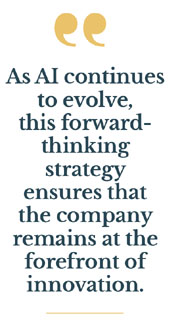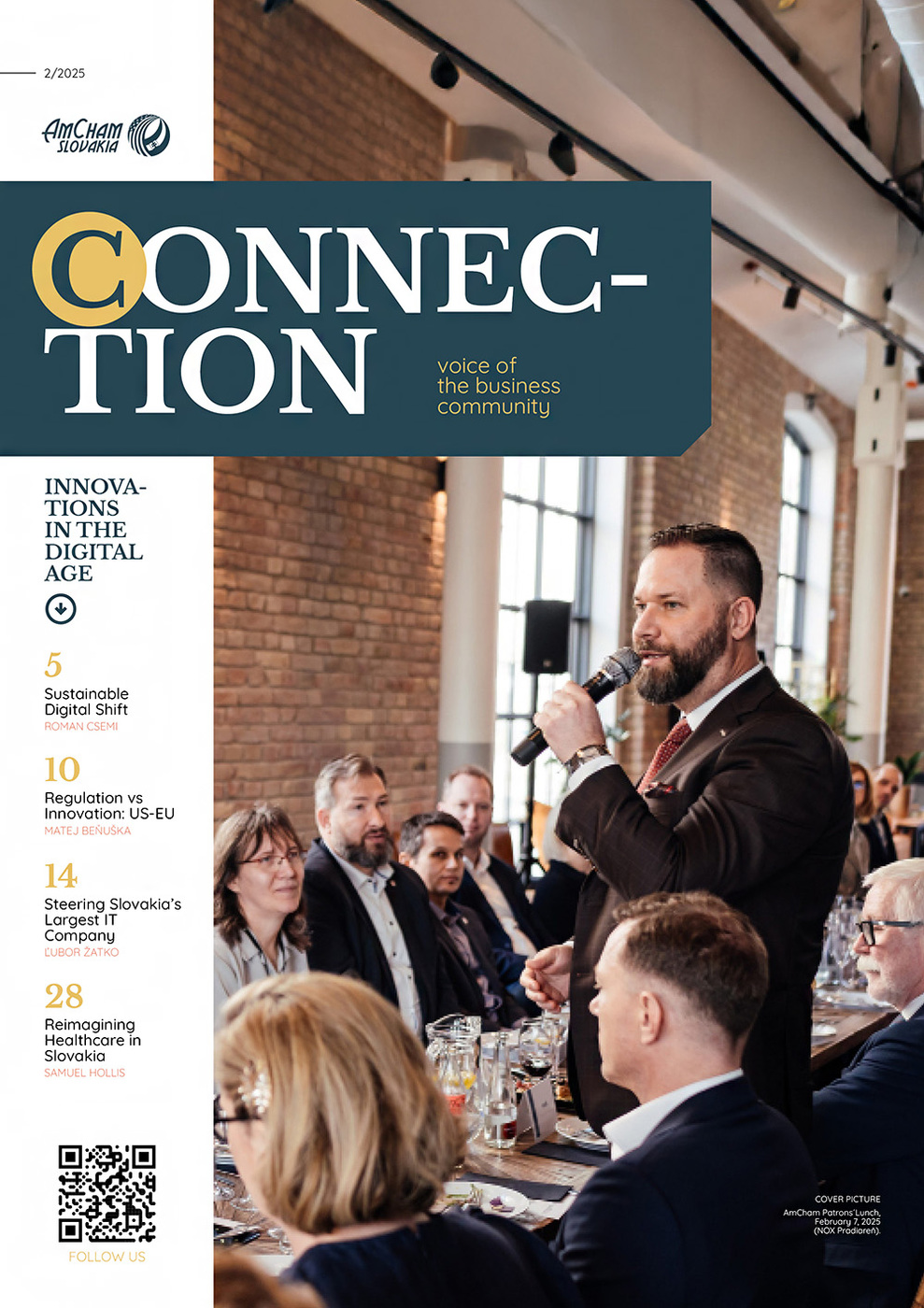With the guidance of PwC, the company developed a comprehensive AI Strategy designed to provide a clear roadmap for AI adoption. This initiative was not merely about technological innovation—it was about positioning the company for long-term success in an increasingly digital and data-driven world.
The client’s ambition was bold: to embrace AI in a way that aligns with their long-term strategic goals, ensuring sustainable growth and competitive advantage. However, achieving this vision required a structured approach. PwC was engaged to design a framework that would serve as the foundation for AI-driven transformation, ensuring that AI was not just implemented as an isolated tool but deeply embedded into the company’s operations and culture. This ambitious project was executed in two critical phases: AI Maturity Assessment and AI Strategy Design & Adoption.
Understanding where the company stood in its AI journey was the first essential step. Using PwC’s globally recognized methodology, an in-depth evaluation of the company’s AI readiness was conducted. The assessment was based on five key dimensions: strategy, data, technology, governance and security, and culture and change management. By comprehensively analyzing these areas, gaps, challenges, and opportunities were identified, shaping the AI adoption strategy.
Through this assessment, it became evident that while the company had strong ambitions for AI integration, certain foundational elements needed enhancement. Data management required greater centralization, governance structures needed reinforcement, and AI literacy among employees had to be improved. These insights were crucial in shaping the next phase of the project. With a clear understanding of the current AI landscape, key stakeholders were engaged to craft a strategic roadmap for AI adoption. This phase involved defining strategic objectives tailored to the company’s vision. Over 20 interactive workshops were conducted with various organizational units to ensure alignment and address specific business needs. The outcome was an AI adaptation plan that provided structured and seamless implementation guidelines.
With a clear understanding of the current AI landscape, key stakeholders were engaged to craft a strategic roadmap for AI adoption. This phase involved defining strategic objectives tailored to the company’s vision. Over 20 interactive workshops were conducted with various organizational units to ensure alignment and address specific business needs. The outcome was an AI adaptation plan that provided structured and seamless implementation guidelines.
By outlining key use cases, defining actionable recommendations, and establishing clear success metrics, the strategy aimed not just to introduce AI solutions but to ensure they delivered measurable business value. The company was now equipped with an actionable AI strategy designed to foster innovation, enhance efficiency, and drive long-term success.
As part of the project, a set of targeted recommendations was provided to help the company maximize the impact of its AI strategy. These included adopting external AI expertise by collaborating with third-party experts through systematic partnerships, training programs, and knowledge-sharing initiatives to accelerate AI competency development. A long-term AI Roadmap was defined with clear goals, key milestones, and structured implementation timelines to guide the company’s AI evolution. A standardized AI incident management process was developed with robust monitoring, categorization, escalation procedures, and automated alerts to quickly identify and resolve AI-related issues. A comprehensive data governance framework was implemented to centralize and streamline data management across systems, ensuring data consistency, security, and accessibility. A structured decision-making methodology was created to determine when to build in-house AI solutions versus when to acquire third-party solutions. AI governance structures were formalized by establishing an AI governance committee to oversee AI risk monitoring, regulatory compliance, and ethical AI deployment. Cloud-based AI capabilities were seamlessly integrated into existing IT infrastructure to enhance scalability, security, and efficiency. Internal AI training programs were expanded through an AI Academy, equipping employees with the necessary skills to work effectively with AI technologies. Advanced AI monitoring tools were implemented to continuously evaluate compliance, effectiveness, and business impact.
By addressing these critical areas, the company is well-positioned to implement AI in a structured and effective manner, ensuring both short-term benefits and long-term resilience. The implementation of the AI Strategy has provided the company with a solid foundation for its AI journey. The benefits of this structured approach are already evident, with a comprehensive understanding of AI readiness pinpointing key areas for improvement and immediate action. Tangible recommendations have been designed to accelerate AI maturity, efficiency, and integration across business functions. A structured AI adaptation plan ensures that AI initiatives are rolled out in a controlled and scalable manner. A clear roadmap for AI competency development enables the organization to build the necessary expertise to sustain AI-driven transformation.
Despite the ambitious timeline—completing the project within two months—strong collaboration between PwC and the client ensured its success. According to Martin Srnka, Director of Technology Risk at PwC, “Our ability to deliver a comprehensive AI framework within a tight deadline was made possible by the client’s unwavering support and commitment to digital transformation.”
The AI Strategy marks a significant milestone in the company’s AI transformation journey. By taking a structured, data-driven approach to AI adoption, the organization is now equipped to leverage AI for competitive advantage, operational excellence, and enhanced customer experiences. As AI continues to evolve, this forward-thinking strategy ensures that the company remains at the forefront of innovation, ready to navigate the complexities of an AI-driven future with confidence.
The insurance industry is rapidly changing, and those who embrace AI proactively will lead the way. This project is a testament to how a well-structured AI strategy can not only transform operations but also redefine customer engagement, decision-making, and long-term business growth. By embedding AI into its core strategy, the company is setting a new standard for the insurance sector, proving that the future of insurance is not just digital—it’s intelligent.
Marek Šipicki, Manager, PwC



Follow us